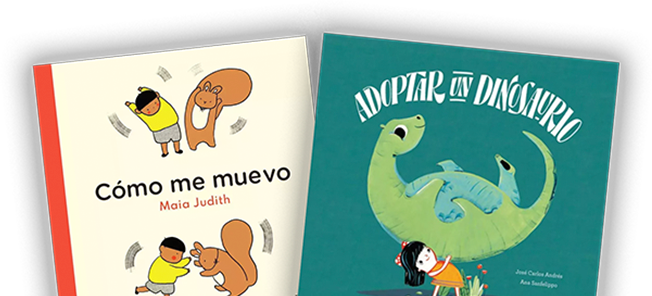
Reading can be hard. It's not always easy to decode words and put them together in the right order. And it's even harder when there are so many other things competing for your attention: TV, video games, friends, family, schoolwork… the list goes on and on.
Reading is a common language for the entire family. It improves vocabulary and grammar, builds knowledge, and stimulates imagination. It’s a skill like any other, and mastering it takes time, effort, and practice.
If you've got a kid who's struggling to learn to read, don't worry! There are lots of easy to implement ways to help them get over their reading slump, and Sol Book Box is here to share some of our most recommended tips.
Common Reasons Why Young Readers Struggle
Reading is a skill that takes time to develop. It's not something that children just naturally pick up, and it takes practice to become proficient at.
Children who struggle with reading often have one or more of these factors working against them:
1. Difficulty recognizing phonemes
Many young learners find it difficult recognizing the individual sounds in spoken words (phonemes). This skill is called phonemic awareness, and it takes time to fully learn it.
Some readers may not be able to recognize phonemes that make up words, which can lead them to confuse words or have trouble remembering how to spell them. This can also cause difficulty with recognizing rhyme and alliteration in poetry.
2. Difficulty decoding
Decoding is the act of sounding out words, which helps young readers to recognize familiar word parts.
Children who struggle to decode have difficulty understanding and reading the words that they hear. The reason for this is that they do not know how to break down the sounds in a word into letters. They also are unable to recognize familiar words.
3. Difficulty understanding the content
Limited vocabulary and background knowledge can contribute to difficulty with reading comprehension. Young readers can often struggle with the content of a book, even if they are able to comprehend the words.
Some children may be unfamiliar with the subject or setting of a story. Others may not understand what is being read because they cannot connect it to their own experiences.
4. Limited language skills
When it comes to children learning a second language, books can be confusing and difficult to follow.
There are a number of tips that dual-language parents can follow to encourage their young learners to improve their reading skills.
5. Limited experience with books
A child may have limited experience with books, either because they haven't been exposed to them, or because they don't have access to enough of them.
This can happen for a number of reasons: parents who don't read themselves, parents who think their children are too young for books and therefore don't buy them, or parents who don't have the money to buy books.
Solutions for Struggling Young Readers
There are many things you can do to help your child become a better reader and make sure they stay interested in reading. We’ve put together some of our top tips to help you:
1. Take them to the library
Visits to your local library can really help to encourage your child with their reading. Often a change in setting is just what they need to start overcoming their difficulties.
Let your young learner choose books themselves, so they can read what interests them and without any pressure.
2. Encourage a range of activities
Reading should be integrated into your child’s life along with other activities. Having a range of options available for them to choose from can make reading feel less forced.
There are plenty of things that you can do with your child to help spur their imagination and develop skills that can directly translate to reading, like arts and crafts and word games.
3. Check their daily habits
It’s important to make sure that your child is completely comfortable during reading time. If they’re tired or hungry, this can easily distract them from what they’re doing.
Check in with your young learner to understand how they feel and if it’s a good time for them to read or not.
4. Get them into a routine
Make reading part of your child’s daily routine by having a set time for books. Many parents find a bedtime story to be the best time for this.
By creating habits, your child can maintain a structure and maximize the chances of overcoming obstacles with their reading.
5. Read along with your child
If your young learner is having trouble with pronunciation or spelling, reading along with them is a great way to help them develop their skills.
Reading along also gives your child support and encourages them.
6. Subscribe to a book box
A reading club or children's book subscription plan can make it easy to be consistent with your child's reading goals. At Sol Book Box we offer a range of kid's book boxes for Spanish and bilingual readers, with the option to tailor your selections to your child's interests.
7. Practice vocabulary words together
You can help your young reader with vocabulary struggles by reinforcing new words in their day-to-day life.
If you’ve noticed certain words are difficult for your child, make a note of them and practice saying them together and check that they understand the meaning.
8. Encourage your child
Positive feedback is one of the most successful ways to help your young reader overcome reading difficulties.
Praise your child for any improvements, no matter how small.
9. Seek help from a tutor or speech therapist
If you’re still concerned about your child’s reading skills, you can always seek support from a tutor or speech therapist.




